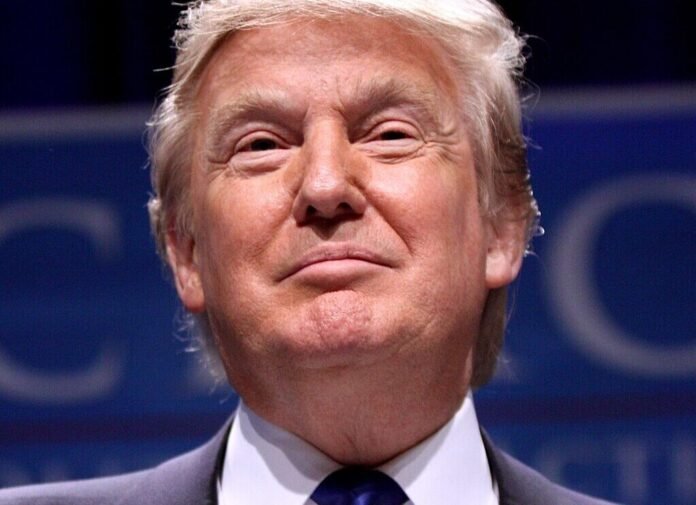The European Union stands perturbed by US President-elect Donald Trump’s expressed interest in acquiring Greenland from Denmark. This notion, while initially seen as unconventional, has spurred significant diplomatic discourse, reflecting deeper geopolitical tensions. Greenland, a vast Arctic territory rich in natural resources and strategic military importance, has long been of interest to global powers. The EU’s worry centres not only on territorial sovereignty but also on the precedent such
ambitions could set in international politics. Germany and France, in their stern warnings, emphasize the importance of respecting international boundaries and norms. The post-World War II geopolitical order, primarily based on mutual respect and non-interference, could be in jeopardy if such moves were normalized. This situation highlights the intricate balance between territorial sovereignty and economic interests. As global warming accelerates Arctic ice melt, new shipping routes and untapped resources come into play, escalators for geopolitical interest. Consequently, Greenland’s significance is magnified, underlining the Arctic’s emerging role as both a commercial and military frontier. The EU’s stance serves as a reminder of the complex interdependence in global diplomacy and the risks associated with unilateral actions. The dialogue around Greenland is indicative of broader debates over sovereignty, economic exploitation, and environmental conservation in the 21st century. As the EU navigates these waters, it aims to fortify alliances based on shared principles of sovereignty and mutual respect, whilst recognizing the inevitable shifts in geopolitical landscapes.
Embed from Getty ImagesPerspectives
Perspective 1: Political analysts highlight that Trump’s interest in Greenland is a strategic manoeuvre linked to the US’s broader Arctic policy. The Arctic, already a point of geopolitical contest, represents both a military and economic frontier. With melting ice caps opening new navigation routes, the region has become crucial for global trade and military positioning. Analysts suggest that gaining Greenland could bolster US dominance in the region, providing a vantage point for monitoring Russian and Chinese activities in the Arctic. This pursuit is viewed within the context of growing tensions and competition among superpowers in the Arctic.
Sources:
Brookings
CFR
Perspective 2: Environmentalists and Indigenous rights advocates stress the ecological and sociocultural implications of any prospective territorial acquisition or exploitation of Greenland. Greenland’s pristine environment faces increasing threats from climate change and potential industrial activity. Environmental groups advocate for policies that prioritize ecological preservation and sustainable development of the region. Moreover, Indigenous groups in Greenland emphasize the importance of respecting their autonomy and traditional way of life. There’s a call for inclusive policy-making that accounts for the voices and rights of local communities, ensuring environmental protection aligns with cultural preservation.
Sources:
Greenpeace
IWGIA
Perspective 3: European diplomats see the EU’s response as a reaffirmation of its commitment to global stability and international norms. The potential acquisition of Greenland is seen as disruptive, with possible ripple effects on existing diplomatic relations and international treaties. Europe’s focus on maintaining established norms of state sovereignty and collaboration is evident, as diplomats work to prevent such moves from setting a dangerous precedent. The EU seeks to uphold a liberal international order, wherein territorial integrity and peace are safeguarded through multilateral dialogue and legal frameworks, rather than unilateral ambitions.
Sources:
The Guardian
ECFR
